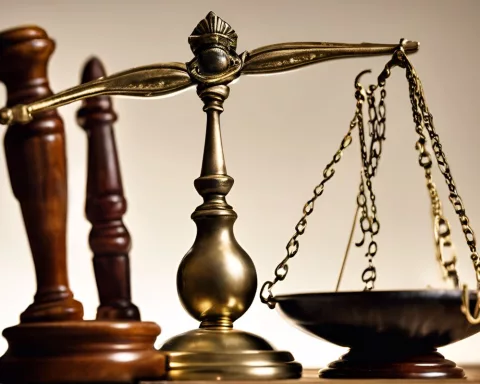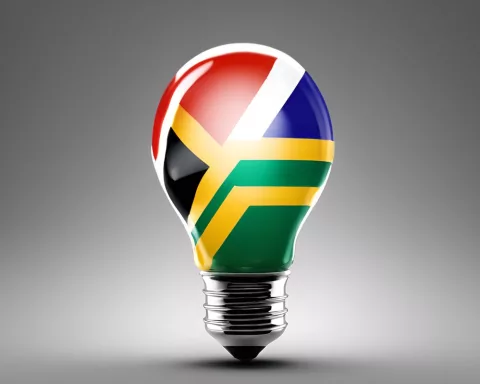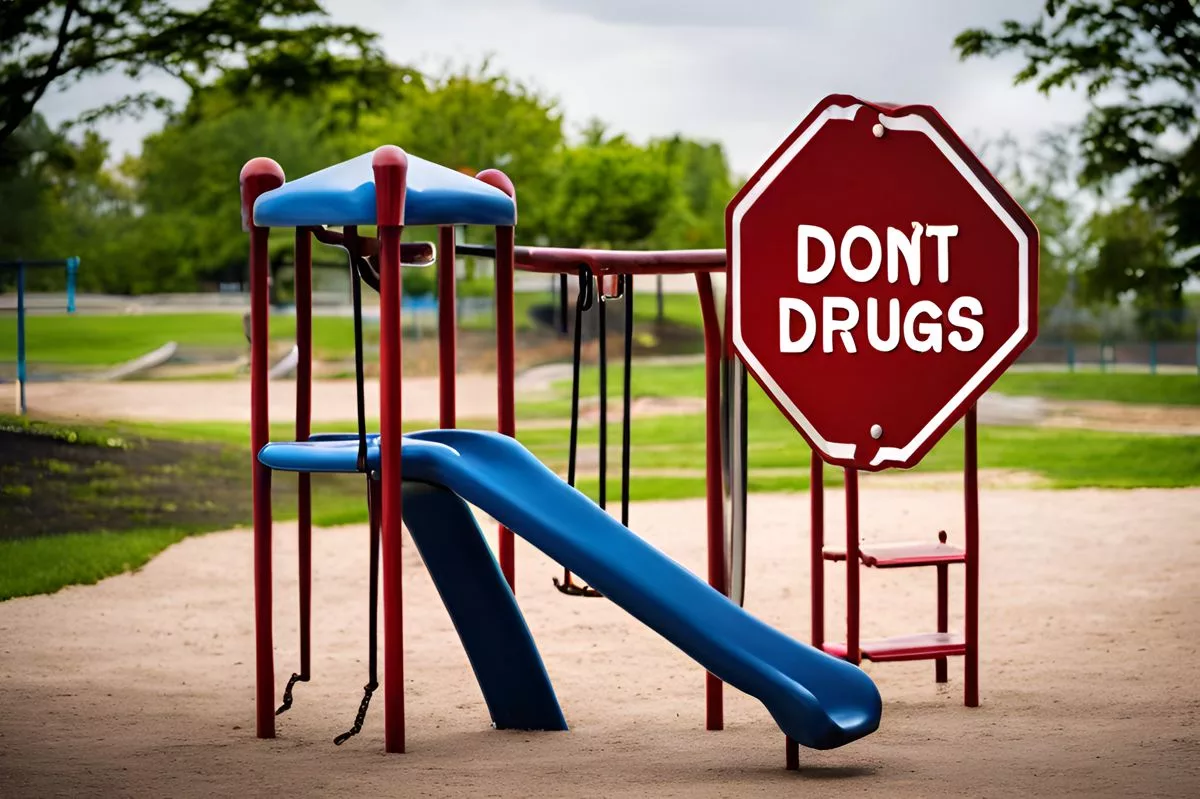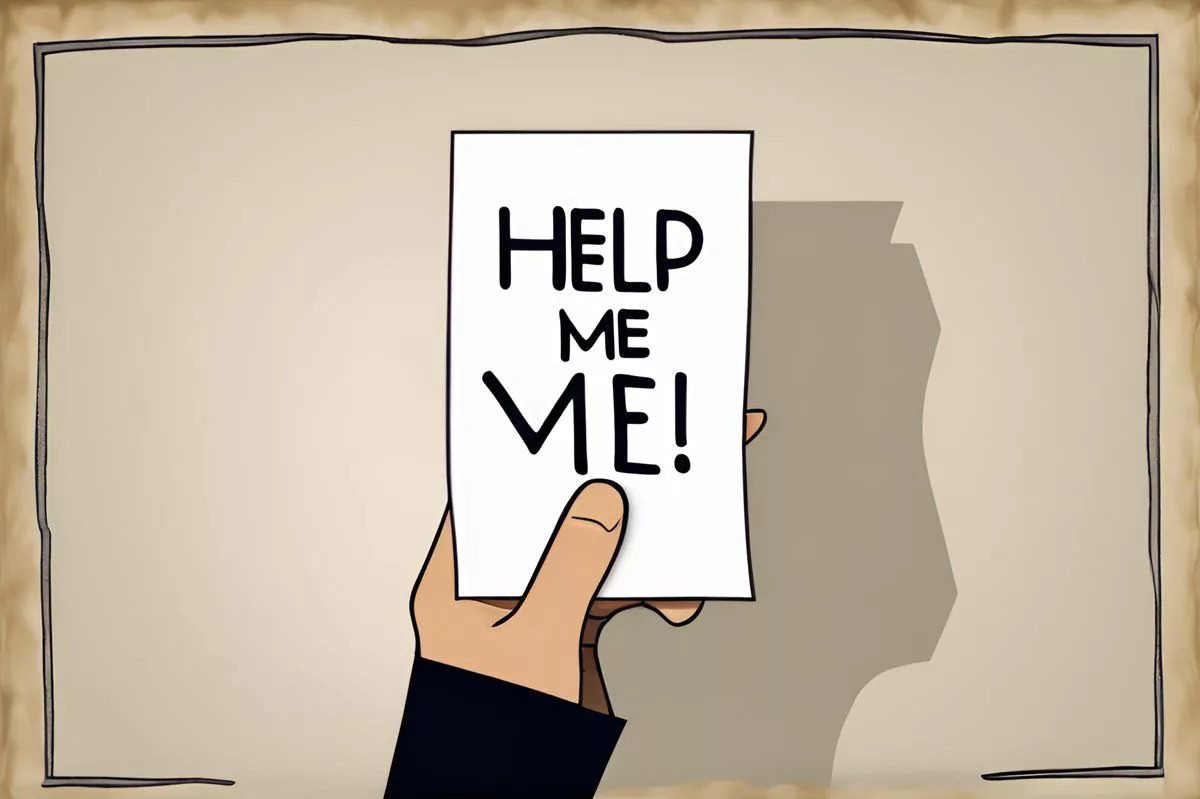The MK Party challenged the legitimacy of the election results and decided to boycott the first sitting of the National Assembly, causing a stir in Parliament. However, Parliament maintains that it must carry out the inaugural sessions free from any legal impediments. Parliament cancelled all plans for the party’s members and emphasized its commitment to sound financial management. Ms. Omphile Mankoba Confidence Maotwe’s input will be pivotal in guiding the outcomes of the ongoing discussions. The incident highlights the intricacies of democracy and emphasizes the importance of democratic dialogue and the strength of the constitutional frameworks.
MK Party’s Election Challenge and Boycott of Inaugural Parliament Sitting
The MK Party contested the legitimacy of the electoral results and decided to abstain from the first sitting of the National Assembly. However, Parliament maintains that it must orchestrate the inaugural sessions free from any legal impediments. In reaction, Parliament cancelled all plans for the party’s members and emphasized its commitment to sound financial management. Ms. Omphile Mankoba Confidence Maotwe’s input will be pivotal in guiding the outcomes of the ongoing discussions.
A Political Quake and its Rippling Impact
The diverse tapestry of democracy is stitched together by vibrant strands of discord and conversation, often resulting in unforeseen shifts and tremors. A recent occurrence that typifies this dynamism is the MK Party’s opposition to the election outcomes, as declared by the Independent Electoral Commission (IEC), followed by their non-participation in the inaugural sitting of the National Assembly. This event, which unfolded on Monday, 10th June 2024, has caused a stir within the parliamentary corridors.
The MK Party, which had won 58 seats in the National Assembly, notified Parliament of its intention to contest the legitimacy of the electoral results. The party, claiming that the scheduling of the first sitting is unconstitutional, specified that its elected members would abstain from the session. This decision to step back from the first sitting has sculpted a unique crossroads in the nation’s political scene.
In Defense of the Constitution
Yet, the Parliament’s viewpoint stands in stark opposition to the MK Party’s reading of Section 46 of the Constitution. Parliament firmly maintains that it is legally bound to orchestrate the inaugural sessions of both the National Assembly and the National Council of Provinces, at a date and time designated by the Chief Justice, free from any legal impediments.
A closer examination of the Constitution’s text reveals that Section 49(3) distinctly mandates that barring a court ruling against the electoral results, Parliament must ensure the sessions proceed as scheduled. In addition, with the inaugural sessions of the National Assembly and the National Council of Provinces to be conducted in-person, the Parliamentary Administration is actively organizing travel and accommodations for all members. This thorough preparation guarantees effective participation of these members in the sessions and associated induction activities in Cape Town.
The Financial Prudence Amid Political Uncertainties
In reaction to the MK Party’s choice to skip the first sitting, as conveyed through their legal counsel, Parliament swiftly cancelled all plans made for the party’s members. This preemptive action aims to prevent needless spending, in line with the Financial Management of Parliament and Provincial Legislatures Act, 2009. It emphasizes Parliament’s commitment to sound financial management, even in the midst of political unpredictability.
Parliament’s unwavering commitment to its constitutional duties is clear. The institution remains resolute in ensuring that democratic processes and protocols are respected in the arrangement of the first sessions of the National Assembly and the National Council of Provinces. This steadfastness helps cement a thriving democracy, signifying the sturdy mechanisms in place to tackle any hindrances in the political realm.
The Key Players and the Intricate Balance of Democracy
A prominent figure amid the unfolding political events is Ms. Omphile Mankoba Confidence Maotwe, a member of the Economic Freedom Fighters from the Limpopo province. She holds significant roles in the Portfolio Committee on Public Enterprises and the Joint Standing Committee on Financial Management of Parliament. Her input into the Parliamentary proceedings will be pivotal in guiding the outcomes of the ongoing discussions.
The saga of the MK Party’s election challenge and subsequent boycott unquestionably marks a crucial point in the nation’s political story. It highlights the significance of democratic dialogue and the strength of the constitutional frameworks in existence. As this elaborate narrative unravels, it acts as a reminder of the intricacies of democracy and the delicate equilibrium between dissent and conversation.
The incident and its consecutive developments underscore the fact that democracy is not a single occurrence but rather, a continuous process. Each voice, each disagreement, each conversation contributes to the constantly evolving democratic process, enriching the wider society and bolstering the spirit of democracy. It is in these moments that the true nature of democracy shines through – a process wherein all of us can play a part, shaping the trajectory of our collective future.
1. What is the MK Party’s election challenge?
The MK Party contested the legitimacy of the electoral results and decided to abstain from the first sitting of the National Assembly.
2. Why did the MK Party boycott the inaugural sitting of the National Assembly?
The party claimed that the scheduling of the first sitting is unconstitutional and specified that its elected members would abstain from the session.
3. What is Parliament’s viewpoint regarding the election challenge and boycott?
Parliament maintains that it must orchestrate the inaugural sessions free from any legal impediments, and it canceled all plans for the MK Party’s members.
4. How is Parliament preparing for the inaugural sessions of the National Assembly and the National Council of Provinces?
With the inaugural sessions to be conducted in-person, the Parliamentary Administration is actively organizing travel and accommodations for all members.
5. Who is Ms. Omphile Mankoba Confidence Maotwe, and why is her input pivotal in guiding the ongoing discussions?
Ms. Maotwe is a member of the Economic Freedom Fighters from the Limpopo province and holds significant roles in the Portfolio Committee on Public Enterprises and the Joint Standing Committee on Financial Management of Parliament.
6. What does this incident highlight about democracy?
This incident highlights the intricacies of democracy and emphasizes the importance of democratic dialogue and the strength of the constitutional frameworks in existence. It underscores the fact that democracy is not a single occurrence but rather, a continuous process, and each voice and conversation contributes to the constantly evolving democratic process.












